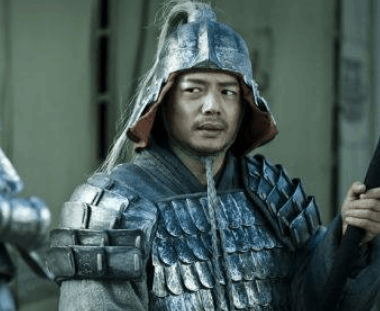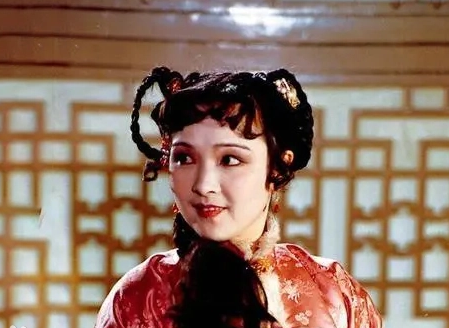In Chinese history, the Qing Dynasty is an era with unique charm. It not only boasts rich cultural and artistic traditions, but also possesses a vast and intricate bureaucratic system. In this system, the first-rank official represents the pinnacle of power. So, what are the first-rank officials in the Qing Dynasty? This article will take you to explore the answer.

First, we need to understand the official rank system of the Qing Dynasty. In the Qing Dynasty, officials were divided into nine ranks, from the first rank to the ninth rank, with strict regulations and restrictions for each rank. First-rank officials were usually important ministers in the court, such as prime ministers and ministers of the Council of Ministers. While ninth-rank officials were grassroots officials, such as county magistrates and prefecture governors. In this huge bureaucratic system, first-rank officials were symbols of power, holding the country's decision-making and administrative powers.
Among the first-rank officials in the Qing Dynasty, the most famous was the prime minister. The prime minister was the highest executive official in the court, responsible for assisting the emperor in handling state affairs. They were usually appointed by the emperor personally and held extremely high prestige and status. Apart from the prime minister, the ministers of the Six Departments were also first-rank officials. The Six Departments included the Ministry of Personnel, the Ministry of Revenue, the Ministry of Rituals, the Ministry of War, the Ministry of Punishments, and the Ministry of Works. Each department had a Minister as its highest official. These Ministers were responsible for the daily affairs of their respective departments and assisted the emperor in formulating policies.
In addition, there were some special first-rank positions in the Qing Dynasty. For example, the leaders of the Dongchang and the Jinyiwei also belonged to first-rank officials. Dongchang was a secret police agency established during the Ming Dynasty and later inherited by the Qing Dynasty. Jinyiwei, on the other hand, was a unique spy Agency in the Qing Dynasty, responsible for maintaining the emperor's safety and combating dissident forces. Although these agency leaders did not belong to the regular bureaucratic system, their power and influence could not be ignored.
However, despite their supreme status in the Qing court, the lives of first-rank officials were not always glorious. Due to their position at the center of power, first-rank officials often had to face intense political struggles and complex interpersonal relationships. At the same time, they also bore tremendous responsibilities and pressures, striving constantly for the prosperity and stability of the country.
In summary, the first-rank officials of the Qing Dynasty were bureaucratic elites at the pinnacle of power. They were not only the core figures in national decision-making but also the focus of social attention. Through understanding the first-rank officials of the Qing Dynasty, we can gain a deeper understanding of the history and culture of this era. At the same time, it also reminds us to cherish a fair and equitable environment in modern society and stay away from corruption and unethical practices.
Disclaimer: The above content is sourced from the internet and the copyright belongs to the original author. If there is any infringement of your original copyright, please inform us and we will delete the relevant content as soon as possible.
































